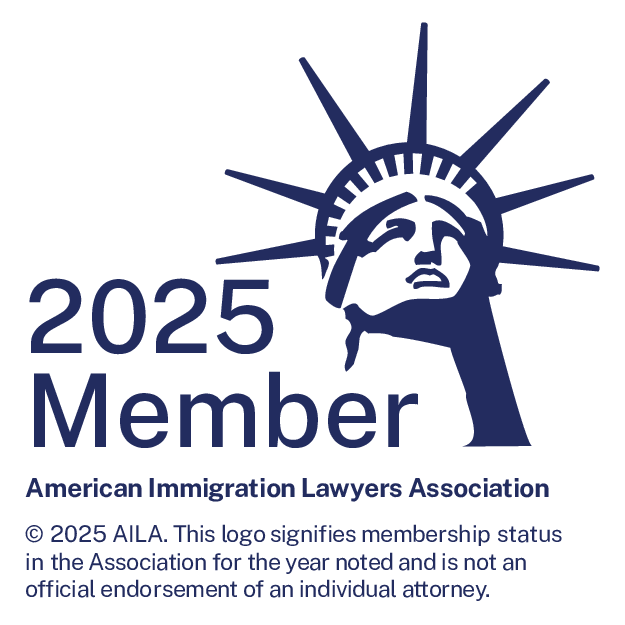Trump Administration Issues Sweeping New Travel Ban
On June 4, 2025, President Donald Trump signed a new presidential proclamation enacting a sweeping travel ban that impacts nationals from 19 countries. The ban, which takes effect on Monday, June 9, 2025, fully bars entry for immigrants and nonimmigrants from twelve countries, while imposing partial restrictions on seven others.
Countries Fully Banned
The proclamation imposes a complete ban on nationals from the following countries:
- Afghanistan
- Myanmar (Burma)
- Chad
- Republic of the Congo
- Equatorial Guinea
- Eritrea
- Haiti
- Iran
- Libya
- Somalia
- Sudan
- Yemen
These restrictions apply to both immigrant and nonimmigrant visa holders, with limited exceptions for U.S. permanent residents, close family members of U.S. citizens, diplomats, and certain special visa holders.
Countries with Partial Restrictions
The following countries face targeted restrictions, primarily affecting immigrant visa applicants and certain temporary visa categories:
- Burundi
- Cuba
- Laos
- Sierra Leone
- Togo
- Turkmenistan
- Venezuela
The administration cited national security concerns, high visa overstay rates, and lack of cooperation on deportations as the primary justifications for the ban.
Legal and Humanitarian Implications
This new policy has drawn comparisons to the Trump administration’s earlier travel bans and is expected to face legal challenges. Immigration advocates argue that the ban disproportionately affects vulnerable populations and may separate families or hinder humanitarian relief efforts.
What This Means for You
If you or a loved one may be affected by this proclamation, it is crucial to consult with an immigration attorney immediately. Our firm is closely monitoring developments and is prepared to assist clients in navigating the implications of this new policy.
Registration Requirement
The U.S. Citizenship and Immigration Services (USCIS) has introduced a new foreign national registration requirement, effective April 11, 2025, to enforce existing immigration laws under the Immigration and Nationality Act (INA). We have prepared a guide to help foreign nationals understand the key aspects of this policy, including who must register, exemptions, the registration process, consequences of noncompliance, and additional requirements. Please click here for the English Version. Please click here for the Spanish version of the handout.
International Travel Guide
International travel can pose unique challenges and risks for foreign nationals, particularly those with pending immigration cases, certain visa statuses, or unresolved legal issues in the United States. Traveling abroad without a full understanding of your immigration situation could result in being denied reentry, delays at ports of entry, or even triggering inadmissibility or deportation proceedings.
Common risks include:
- Reentry complications due to visa expiration or changes in immigration policy
- Increased scrutiny at borders, especially for individuals from certain countries
- Accrual of unlawful presence, which can lead to long-term bars from reentry
- Delays or denials if documents are incomplete or incorrect
Before making travel plans, foreign nationals are strongly advised to consult with an immigration attorney or accredited representative to assess their specific situation and minimize risk.
Download our handout on Travel Risks for Foreign Nationals here.



